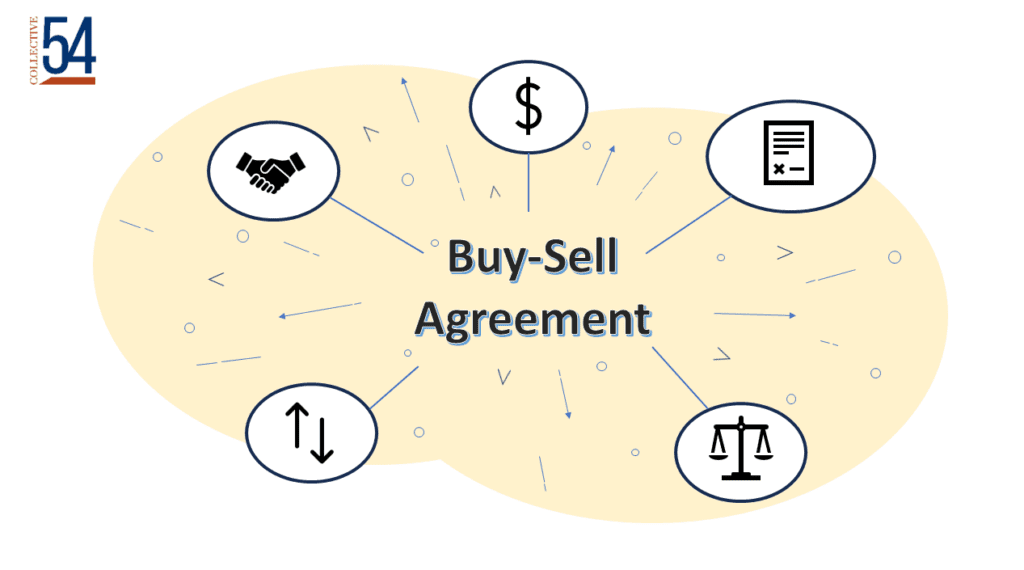Why Every Professional Service Firm Needs a Buy-Sell Agreement
Whether you’re the co-founder of a consulting firm, a marketing agency, a software development firm, or another type of service firm, the common denominator for ensuring long-term harmony and clarity in ownership matters is a well-drafted buy-sell agreement.


